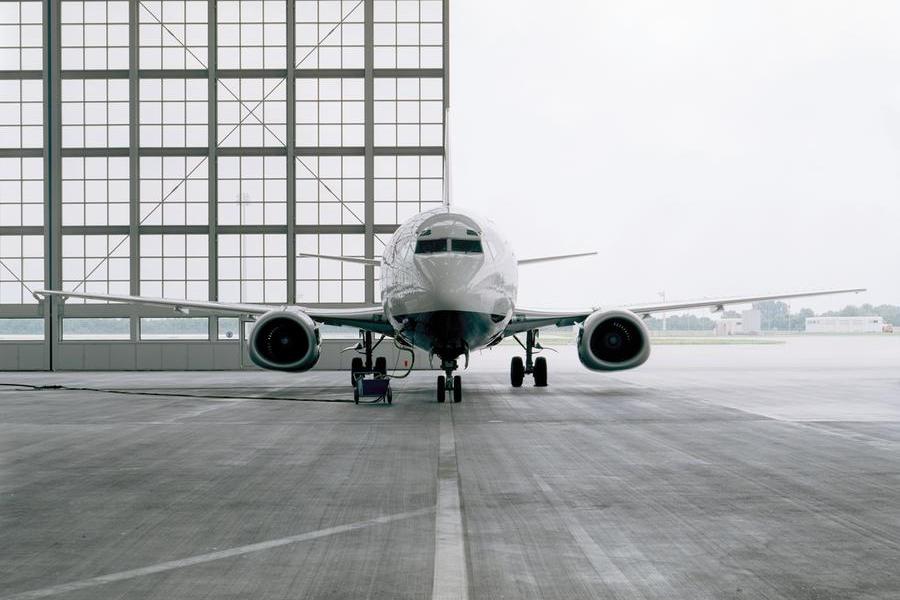Escalation and Tragedy: Israeli Strikes in Lebanon
Recent Israeli airstrikes have targeted southern Lebanon, leading to Hezbollah retaliation, multiple casualties, and a dire humanitarian situation.
Published May 10, 2024 - 00:05am

Image recovered from thepeninsulaqatar.com
Beirut, Lebanon: The escalating conflict between Israel and Lebanon's Hezbollah has intensified with renewed airstrikes in southern Lebanon this Sunday, causing civilian casualties and infrastructure damage. According to field sources, Israeli warplanes struck areas in and around the towns of Meiss El Jabal, Aitaroun, Khiam, and Dhahirah, with artillery also targeting Al-Labouneh and Kfarkela, causing injuries among locals and displacing families.
In a related incident, reported by a security source to AFP, a drone strike targeted a vehicle in Bafliyeh, resulting in the death of four Hezbollah members. This comes amid daily exchanges of fire following increased violence in Gaza, where Israel and Hamas have been engaged since October 7, 2023. Hezbollah has declared support for the Palestinian Islamist movement in response.
In a separate account, an Israeli airstrike claimed the lives of four civilians from a single family in the border village of Meiss al Jabal in southern Lebanon, as reported by civil defense and security sources. This tragedy occurred amidst Hezbollah's retaliatory attacks, which included firing Katyusha rockets at Kiryat Shmona, an Israeli border town.
This string of incidents has resulted in a significant death toll. Over the course of seven months, more than 399 individuals, including 257 Hezbollah fighters and 77 civilians, have lost their lives in Lebanon, according to AFP data. Israeli fatalities have included 14 soldiers and nine civilians. Despite various attempts by Western diplomats to broker peace, the potential for larger-scale war looms, with Hezbollah insisting on a Gaza ceasefire and Israel threatening an expansive northern border conflict.
The Israeli military has confirmed their jets have been targeting military infrastructure associated with Hezbollah, which has become increasingly entrenched in southern Lebanese territories. Despite the ongoing violence, there have been concerted efforts to avoid a full-fledged conflict reminiscent of the 2006 war between Hezbollah and Israel—a confrontation that ended without a clear victor but with significant ramifications for both sides.
The recent surge in hostilities is raising alarms across the international community, with the United Nations and various humanitarian organizations expressing deep concern over the escalating violence and its impact on civilians. The UN Secretary-General has called for an immediate cessation of hostilities and emphasized the urgency of reviving negotiations towards a long-term peaceful resolution. Nevertheless, geopolitical complexities and deep-seated hostilities continue to undermine diplomatic efforts.
The humanitarian situation in the affected regions is deteriorating rapidly, with medical facilities reporting a shortage of supplies necessary to treat the injured. International aid agencies are attempting to coordinate relief efforts, but access remains a challenge due to the continuous bombing and the potential threat of unexploded ordnance. The conflict has also caused educational disruptions, as many schools within the conflict zones remain closed for safety reasons, affecting the future of thousands of children.
Economically, the ripple effects of the conflict are being felt by communities far beyond the immediate conflict zones. The Lebanese economy, already reeling from a deep financial crisis and the COVID-19 pandemic, is facing further strain as trade routes and everyday business activities are disrupted. The Israeli economy, meanwhile, grapples with the costs of frequent military mobilization and the impact on sectors like tourism.
Analysts indicate that the complex relationship between Hezbollah and the Lebanese government complicates the prospects of a ceasefire. Hezbollah, a political and military actor in Lebanon, has significant influence within the country's political landscape. As a result, Lebanon's official response to the airstrikes is constrained by internal politics and the delicate balance of power, which includes Hezbollah's armed strength and political reach.
In their declarations to the press, Israeli officials maintain that their military operations are precise and targeted, aiming to neutralize threats without causing unnecessary civilian casualties. However, reports from human-rights organizations accuse the Israeli Defense Forces (IDF) of disproportionate use of force in some incidents. These accusations bring additional scrutiny to Israeli military tactics, as well as calls for independent investigations into the reported civilian deaths.
On the other side, Hezbollah has vowed to retaliate for what it describes as Israeli aggression. The group's leader, in a televised speech, has warned that any further Israeli attacks would result in an "appropriate and proportionate" response. This hardline stance suggests that Hezbollah is prepared for a protracted conflict, which risks further destabilizing the region.
The international community continues to monitor the situation closely, with special envoys from the European Union, the United States, and the Arab League shuttling between capitals in an attempt to defuse tensions. Within this geopolitical chessboard, Russia and Iran's roles as key players and allies of Hezbollah add layers of complexity to the crisis, potentially influencing the conflict's trajectory with their own regional ambitions and strategies.
For now, the echoes of the 2006 war serve as a haunting reminder of the potential devastation a new conflict could unleash. Civilians, stuck in the crossfire, await a reprieve from the relentless cycle of violence. As the international community calls for restraint and a diplomatic solution, the people of Lebanon and Israel are left pondering the grim reality of a peace that seems ever more elusive.







